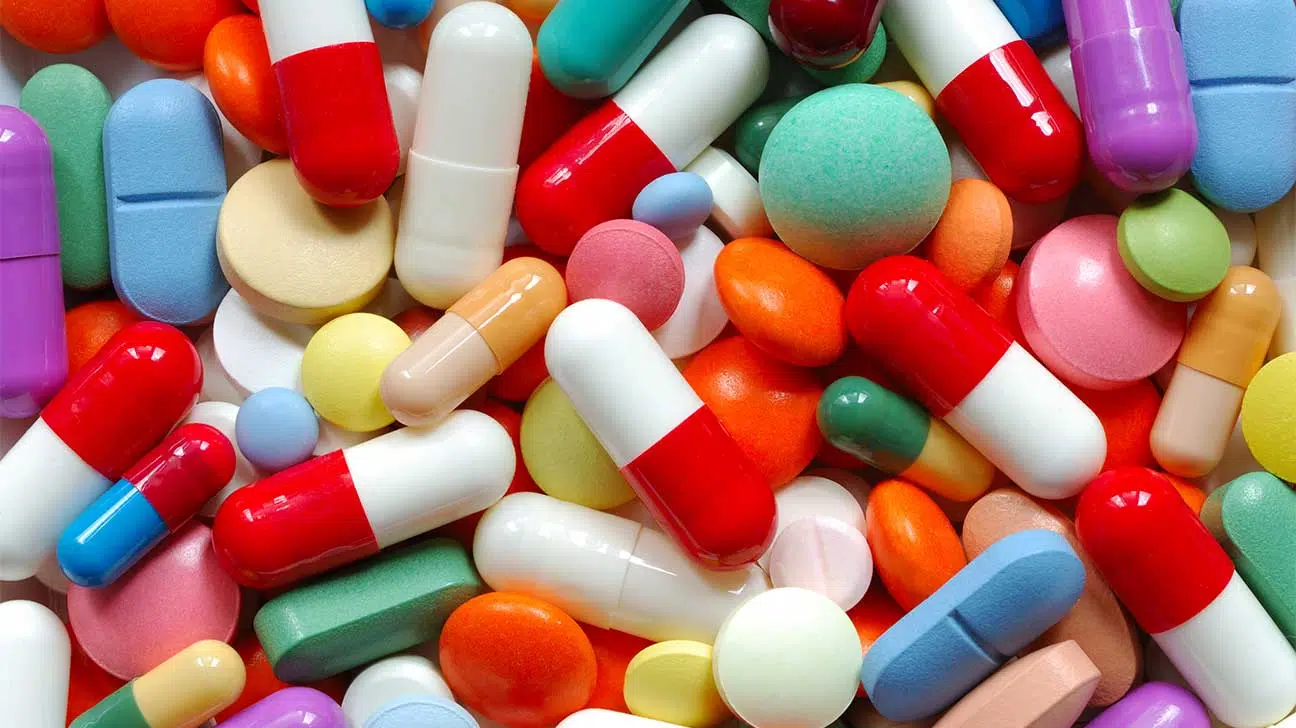
Robaxin is the brand name for methocarbamol, a muscle relaxant used to treat short-term pain caused by injuries such as sprains or fractures.
Controlled substances are categorized by their potential for abuse and medical use. Currently, Robaxin is not considered a controlled substance due to its lack of euphoric effects and low potential for abuse.
Why Robaxin Is Not A Controlled Substance
Robaxin is not currently scheduled as a controlled substance, but it can cause serious side effects when it’s mixed with other drugs or alcohol.
Low Potential For Abuse
One of the hallmarks of controlled substances is their potential to be misused. Robaxin has a very low rate of abuse and thus does not warrant being a controlled substance.
Does Not Produce A Sense Of Euphoria
Medications and other drugs that are highly addictive typically create a sense of physical and psychological euphoria.
Robaxin does not produce euphoric effects when ingested on its own, but can cause drowsiness and slowed reaction time.
What Class Of Medication Is Robaxin?
Robaxin is a central nervous system depressant (CNS) and skeletal muscle relaxant. Medications in this drug class are typically prescribed for medical conditions such as muscle pain and lower back pain.
CNS depressants come in two categories including spastics and antispastics. Robaxin is considered antispastic due to how it directly affects the spinal cord and the transmission of neurons in the brain.
How Robaxin Works In The Body
Muscle relaxers such as Robaxin work by decreasing the pain messages in the body, as well as slowing down the central nervous system.
When pain signals are diminished and the nervous system is slowed, the muscles in the body will relax, providing pain relief.
Adverse Effects Of Robaxin Drug Abuse
Robaxin comes in doses of 500 mg and 750 mg. When taken as directed, common side effects such as extreme drowsiness, slowed reaction time, lightheadedness, and blurred vision may occur.
People who take more than the recommended dose or combine Robaxin with alcohol or other prescription drugs may experience serious side effects or overdose.
Serious side effects may include:
- hives
- face swelling
- difficulty breathing
- slowed heart rate
- loss of memory
- confusion
- seizures
Symptoms of Robaxin abuse may include headaches, low blood pressure, nausea, stomach pain, and loss of consciousness.
Does Robaxin Contain Opioids?
While methocarbamol tablets do not contain opiate compounds, the drug does produce similar side effects such as drowsiness and dizziness, which can be mistaken as a “high”.
Robaxin is used as a medication in the treatment of opioid withdrawal to help treat symptoms such as muscle spasms and cramps.
Is Robaxin Dangerous?
Serious reactions and side effects may occur from taking Robaxin in the event that you’re allergic to the drug, take too much of it, or combine it with other medications.
Potentially harmful drug combinations include:
- fentanyl
- oxycodone
- methadone
- cyclobenzaprine
- lorazepam
- meprobamate
- diazepam
- alprazolam
- tramadol
- methamphetamine
- Tylenol (acetaminophen) with codeine
- hydrocodone
- over-the-counter ibuprofen
- barbiturates
- other benzodiazepines
To avoid harmful drug interactions, tell your healthcare provider about all the supplements and drugs you’re using while on Robaxin.
Find Substance Abuse Treatment Today
If you are battling prescription drug misuse, call our helpline today for more information about treatment options. Our team can assist you in finding a rehab program.
Addiction Resource aims to provide only the most current, accurate information in regards to addiction and addiction treatment, which means we only reference the most credible sources available.
These include peer-reviewed journals, government entities and academic institutions, and leaders in addiction healthcare and advocacy. Learn more about how we safeguard our content by viewing our editorial policy.
- Food and Drug Administration (FDA)
https://www.accessdata.fda.gov/drugsatfda_docs/label/2003/011011Orig1s070s071lbl.pdf - National Institute of Health (NIH)
https://www.ncbi.nlm.nih.gov/books/NBK565868/ - National Institute of Health (NIH)
https://www.ninds.nih.gov/health-information/disorders/spasticity


